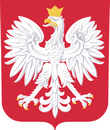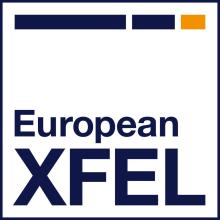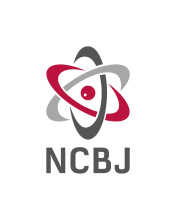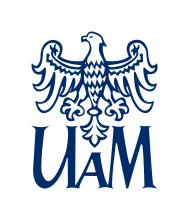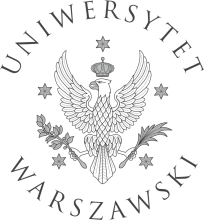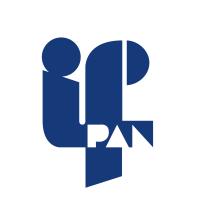The European XFEL (European X-ray Free Electron Laser, Eu-XFEL) is the world's largest (3.4 km long) Free Electron Laser, generating ultra-short X-ray pulses with a brightness a billion times greater than the best conventional X-ray sources. Allows to conduct the most accurate measurements of the fastest processes observed by mankind. Eu-XFEL opens up previously unattainable research areas.
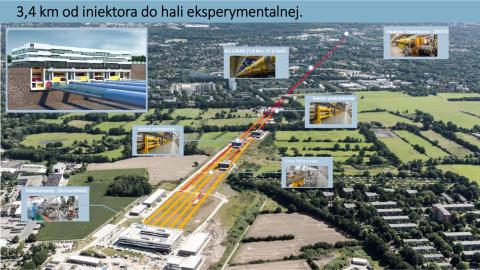
Eu-XFEL Laboratory
The European X-ray Free Electron Laser (EuXFEL) Laboratory (https://xfel.eu/) is one of the largest scientific projects currently underway in the world and has been ranked by the European Strategic Forum for Research Infrastructure (ESFRI, https://www.esfri.eu/) as one of Europe's premier research facilities. EuXFEL's unique research capabilities attract top scientists from around the world and foster the realization of ambitious scientific challenges. Research conducted at EuXFEL contributes to the creation of new knowledge in a wide range of scientific disciplines and technologies that affect our daily lives, including medicine, pharmacology, chemistry, materials science, nanotechnology, energy and electronics.
New research capabilities
Seven state-of-the-art scientific instruments called research stations are currently being made available to scientists conducting research at EuXFEL. Each station is dedicated to a specific research topic and a specific type of experiment. The EuXFEL research stations are permanently assigned to three XFEL radiation sources with different parameters defining three experimental beamlines: SASE1 and SASE2 operating in the hard X-ray range (with photon energies from 3 to 25 keV), and SASE 3 for soft X-ray generation in the range from 260 eV to 3000 eV.
Poland's participation in EuXFEL
The construction, maintenance and management of the European Free Electron Laser has been entrusted to the non-profit European XFEL GmbH (a company under German commercial law with limited liability) gathering international shareholders. The supervisory body of the company is the European XFEL Council. At present, the company's members and partners in the project are: Denmark, France, Germany, Hungary, Italy, Poland, Russia, Slovakia, Spain, Sweden and Switzerland, as well as the United Kingdom. The cost of building and commissioning the facility was set at more than one billion euros (€1.22 billion according to a 2005 cost estimate), of which Germany pledged to cover 58% of the cost and Russia another 27%. The rest of the cost was covered by shares in the 1-3% range belonging to the rest of the partners, including Poland. The shareholder representing Poland is the National Centre for Nuclear Research. The size of the Polish share is currently 2.13%.
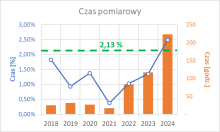
Ryszard Sobierajski, Prof. IF PAN
In recent years, there has been a sharp increase in the number of measurement hours attributed to Polish users, from around 25 hours in 2018-2021 to 116 hours in 2023 and more than 200 hours in 2024. This is a very big success for Polish EuXFEL users. At the same time, there has been a large increase in the total number of available measurement hours from around 2,000 hours in 2020 to 8640 hours in 2023.
Polish XFEL project - "Support to Polish users of EuXFEL - Supervision II (2022-26)".
The aim of the project is to realise ownership functions in the European X-ray Free Electron Laser (XFEL) and to support the Polish scientific community in its use as one of the priority research instruments necessary for the realisation of innovative scientific research. The implementation of the project is based on the idea of knowledge sharing between experienced users of XFEL sources and scientists preparing to use them. The result of the project will be the development of scientific competencies of Polish scientists in the field of research using XFEL.
The project is implemented by the Consortium ‘Network of XFEL Centres of Excellence’ composed of:
- National Centre for Nuclear Research - consortium leader, CD XFEL NCBJ
- Institute of Physics of the Polish Academy of Sciences in Warsaw, CD XFEL IF PAN
- University of Warsaw - Faculty of Chemistry, CD XFEL UW
- Adam Mickiewicz University in Poznań - Faculty of Physics, CD XFEL UAM
The XFEL Centres of Excellence Network (CD XFEL) was established to provide substantive and organisational support to the Polish research community in the use of the European Free Electron Laser (EuXFEL). The unique CD XFEL research laboratories bring together scientists with extensive experience in XFEL research, whose knowledge and commitment provides support for new Polish users of this infrastructure. For the purposes of the CD XFEL project, they also make available their research infrastructure, including equipment purchased with funds from a grant from the Ministry of Science and Higher Education.
Project completion date: 22.12.2022 r. - 31.12.2026 r.
Funding source: Ministry of Science and Higher Education
Project name "Support for Polish users of EuXFEL - Supervision II (2022-26)".
Programme name: "Support for the participation of Polish scientific teams in international research infrastructure projects".
Agreement no: 2022/WK/13
Grant amount: PLN 81,005,680.04 (of which PLN 70,465,960.23 is the cost of paying the membership fee for EuXFEL GmbH operational purposes)
NCBJ grant: 2,660,494.81 PLN
Administrative head of the project: Dagmara Milewska, M.Sc. (dagmara.milewska@ncbj.gov.pl), Task name I: "Implementation of XFEL ownership functions by NCBJ".
Scientific head of the project: Ryszard Sobierajski, PhD, Prof. IF PAN (sobieraj@ifpan.edu.pl)
Task coordinator: Dr. Eng. Adam Padee (adam.padee@ncbj.gov.pl), Task name IIG: "User support for data processing technologies in EuXFEL".
Official website of the project: www.ifpan.edu.pl/cd-xfel
Contact: cd-xfel@ifpan.edu.pl
Aktualności XFEL
EuXFEL representatives visit NCBJ
The National Center for Nuclear Research is strengthening its cooperation with the European X-ray Free-Electron Laser (EuXFEL). The visit of EuXFEL Management Board representatives to Świerk was an opportunity to discuss joint research plans and the development of strategic projects.
On September 11, a meeting was held at NCBJ with representatives of the EuXFEL Management Board – the European X-ray Free-Electron Laser. Thanks to this visit, it was possible to begin discussions on deepening institutional cooperation and cooperation in research areas.
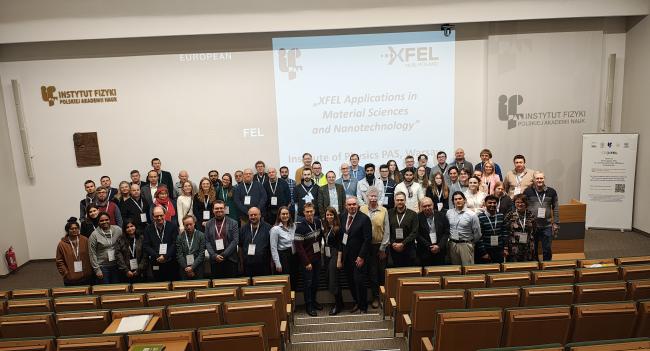
Another workshop "XFEL applications in material sciences" has ended
The workshop ‘XFEL applications in material sciences’ is organised periodically within the framework of the project of the Ministry of Science and Higher Education supporting the development of the Polish XFEL research community in order to take full advantage of the new research opportunities offered by EuXFEL. The event took place at the Institute of Physics of the Polish Academy of Sciences in Warsaw on 5-6 December 2024.
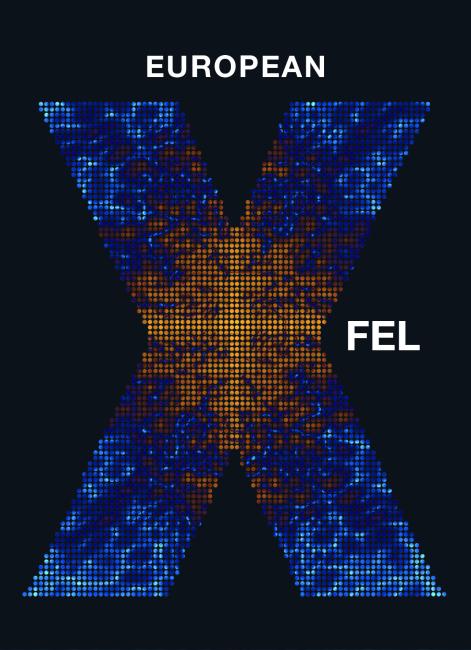
Wsparcie polskich użytkowników EuXFEL – Nadzór II (2022-26)
W dniu 22 grudnia 2022 została zawarta umowa o realizację projektu w ramach programu Ministerstwa Edukacji i Nauki „Wsparcie udziału polskich zespołów naukowych w międzynarodowych projektach infrastruktury badawczej” związanego z wykorzystaniem Europejskiego Lasera na Swobodnych Elektronach (EuXFEL). Umowę podpisał prof. dr hab.
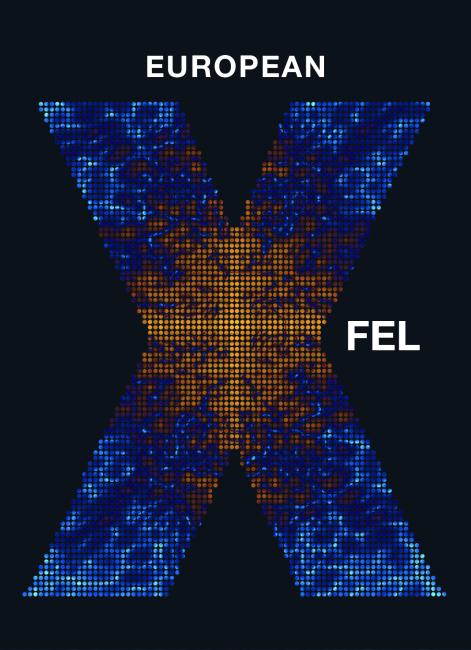
Wsparcie polskich użytkowników EuXFEL
Projekt „Wsparcie polskich użytkowników EuXFEL – Nadzór II (2022-26)” został zaakceptowany do finansowania w ramach programu „Wsparcie udziału polskich zespołów naukowych w międzynarodowych projektach infrastruktury badawczej” Ministerstwa Edukacji i Nauki.
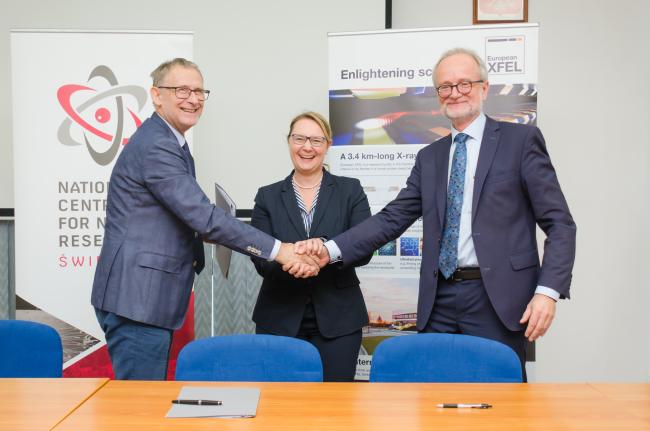
Scientific Big Data Analysis for the European XFEL
On October 23rd, Professor Robert Feidenhans’l, Executive Director of European XFEL GmbH and Professor Krzysztof Kurek, NCBJ Director General have signed an addendum to the NCBJ-XFEL agreement, as well as an agreement on implementing the Scientific Big Data Analysis project. The XFEL delegation also met with the potential Polish users of the laser and with the representatives of the Ministry of Science and Higher Education.

European XFEL plans ultrahigh-speed network connection to Poland
Euroean XFEL press release: Data from experiments will also be processed at partner institute NCBJ in Otwock-Swierk.
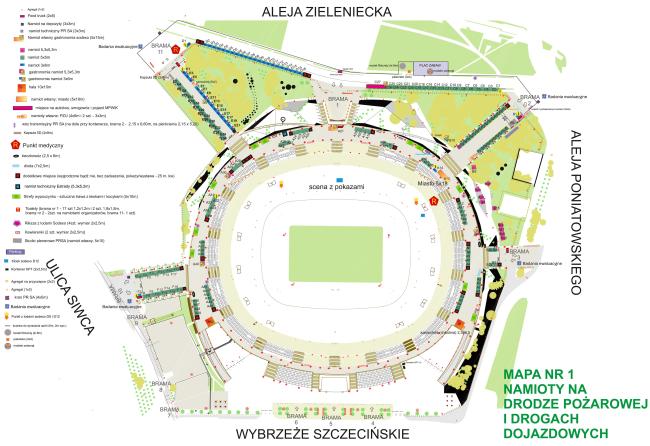
NCBJ zaprasza na Piknik Naukowy. Naszym gościem będzie XFEL
11 maja NCBJ weźmie udział w tegorocznej 23 edycji Pikniku Naukowego (stoisko A41). Tematem przewodnim Pikniku jest hasło „My i Maszyny”. Wybraliśmy strefę przyszłości i skupiliśmy się na reaktorze jądrowym, ale pokażemy też akcelerator IntraLine i system CANIS. Naszym gościem specjalnym będzie European XFEL prezentujący wirtualną wycieczkę po najpotężniejszym laserze na świecie.
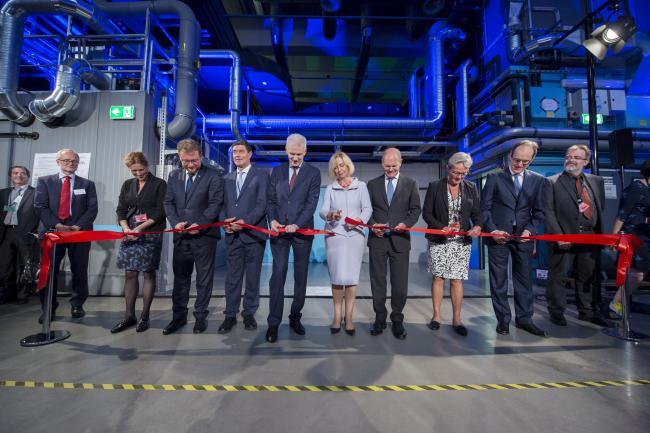
European XFEL inaugurated
European XFEL free electron laser built in Hamburg was inaugurated on September 1, 2017. The laser has brought about quite new experimental opportunities to physicists, chemists, biologists, and engineers all over the world. NCBJ co-owns the facility.
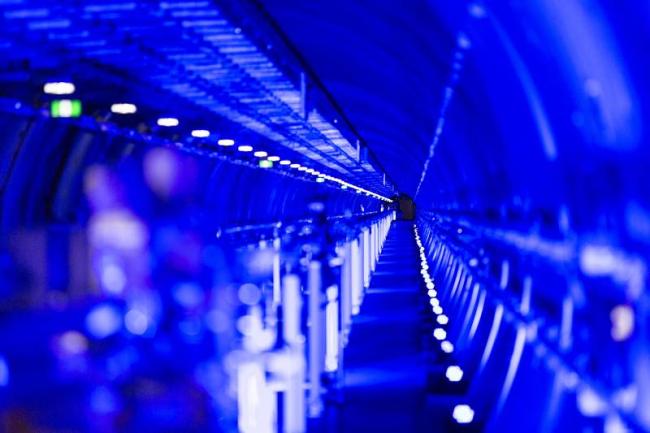
Particle accelerator for the European XFEL laser commissioned
DESY and European XFEL GmbH company have jointly announced that commissioning of a superconducting accelerator that is to feed the European XFEL laser has just been concluded in research centre in Hamburg. The team that built the accelerator included scientists and technicians from Poland. NCBJ is a partner in the project.
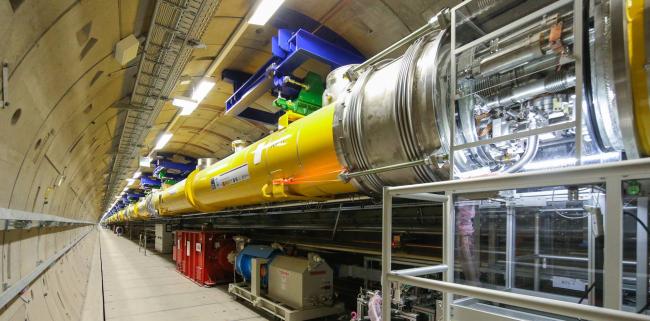
First electrons in European XFEL
Succesful acceleration of first electrons in XFEL electron injector is a major milestone in development of the European Free-Electron X-ray Laser. Eu-XFEL Accelerator Consortium has assigned NCBJ the task to produce and deliver some 1.2 million Euro worth components of control circuitry to-be-deployed at XFEL research stands. The assignment is a sure sign of recognition of capabilities of Polish science/industry.
